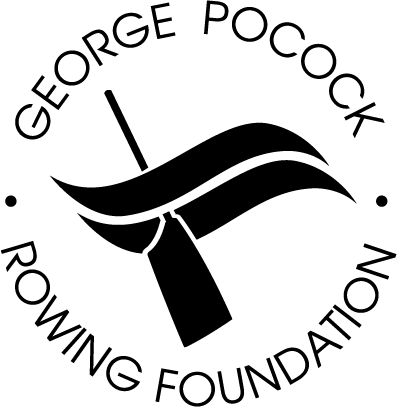Nurturing Tomorrow's Young Athletes: Empowering Youth Rowing Development with Social Emotional Learning (SEL)
Rowing, with its rich tradition and culture of discipline, teamwork, and resilience, is a sport that not only builds physical strength but also offers a unique opportunity to nurture social-emotional learning (SEL) capacities. While rowing is a transformative journey in itself, SEL adds a profound dimension to this experience. At the George Pocock Rowing Foundation, we’re exploring the importance of empowering youth rowing development, especially for underrepresented populations, while emphasizing how SEL can prepare them for success in college and their careers.
Here are some areas that our programs lean on to develop SEL capacities:
1. Character Development:
Rowing instills qualities like discipline, teamwork, and mental resilience. These attributes are invaluable for personal growth. SEL complements this development by teaching skills such as self-awareness, self-regulation, and responsible decision-making. These emotional intelligence skills are essential for nurturing well-rounded individuals.
2. Physical Fitness:
For underrepresented youth, opportunities for physical activities can be limited. Youth rowing not only promotes physical health but also enhances mental well-being. SEL in rowing can help young people understand and manage their emotions, promoting a healthier and more balanced approach to life.
3. Inclusivity & Diversity:
The rowing community has made strides in becoming more inclusive and diverse, but there's still work to be done. Focusing on underrepresented populations not only creates a more inclusive environment but also builds social awareness. SEL fosters empathy and the ability to work with people from diverse backgrounds, preparing young athletes to navigate an increasingly interconnected world.
4. Skill Mastery:
For many youth, rowing can serve as a pathway to academic scholarships and future opportunities. SEL, when integrated into rowing programs, enhances interpersonal skills, decision-making, and problem-solving capabilities. These skills not only prepare them for success in sports but also lay the foundation for success in academics and future careers.
5. Lifelong Bonds:
Beyond rowing, young athletes often form close-knit friendships. SEL helps them develop strong interpersonal relationships, improving their social skills and providing emotional support. These bonds formed on the water extend well into their lives, creating a sense of belonging and community.
6. College and Career Readiness:
SEL equips young people with the skills needed for success in college and future careers. The ability to collaborate, communicate effectively, manage emotions, and resolve conflicts are crucial for navigating the complexities of higher education and the professional world.
At the George Pocock Rowing Foundation, we are focused on curriculum and program design that emphasize SEL. We are removing barriers and ensuring that every young person, regardless of their background, can experience the transformative power of youth rowing.
By supporting organizations like ours that offer youth rowing programs with a strong SEL component for underrepresented populations, you can help us remove barriers and ensure that every young person can experience the transformative power of rowing with the added benefits of social-emotional learning.
Together, we can empower the future generation of rowers, nurture their potential, and equip them with the SEL capacities to succeed in all aspects of life, including their college and career journeys. 🌊💪
#YouthRowing #EmpowerYouth #SEL #Inclusivity #CharacterDevelopment #UnderrepresentedYouth #CollegeandCareerReadiness #DonateToday #SupportTheFuture #RowingCommunity #MakingADifference #GeorgePocockRowingFoundation


